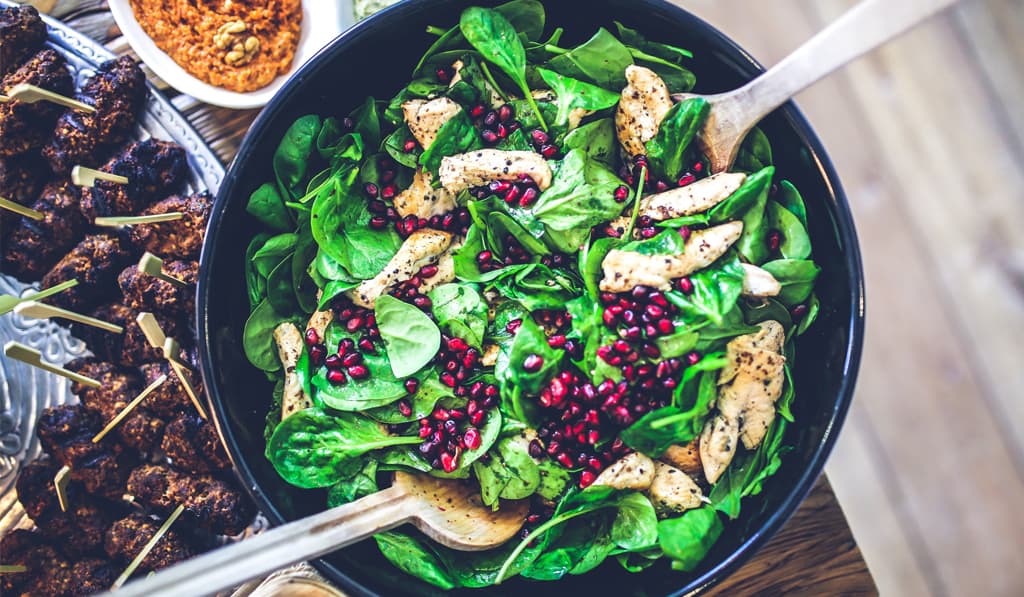
CRITICAL HEALTH & SAFETY DISCLAIMER
mothernity.co.uk is a platform for informational and educational purposes only. This content is based on general research and experienced parent insight and is NOT a substitute for professional medical advice, diagnosis, or treatment. Always seek the advice of your qualified healthcare provider (GP, midwife, or consultant) with any questions you may have regarding a medical condition or before making changes to your health plan or treatments. Never disregard professional medical advice or delay seeking it because of something you have read here.
During pregnancy, there are certain vaccines you should consider getting to safeguard both yourself and your baby from serious illnesses. One of these vaccines is the flu jab. Let’s explore what the flu jab is and why it’s essential to receive this vaccine.
Why is the flu jab necessary?
The flu vaccine protects against flu-related complications for both the mother and the baby. Pregnancy increases the risk of flu and its more severe complications. In addition to potential issues for the mother, such as pneumonia, having the flu during pregnancy can result in premature birth or even the loss of the baby.
When should I get the flu jab?
Pregnant women are advised to get the flu jab at any stage of their pregnancy. Ideally, it should be done in autumn (October-November) since this is when flu cases typically increase. It’s important to note that you should get the vaccine even if you received one last year.
How can I receive the vaccine?
The flu jab is typically administered by your GP. It’s available free of charge to all pregnant women. Just contact your GP practice and schedule an appointment for the vaccine as soon as you can. The good news is that you can receive the flu jab at the same time as the whooping cough vaccine, so take advantage of this option.
Is the flu jab safe?
As with any medication, it’s natural to question its safety, especially during pregnancy. According to the NHS, the flu jab has been safely used during pregnancy without any serious side effects.
Are there any vaccine side effects?
It’s important to know that the vaccine doesn’t contain the live flu virus, so it cannot give you the flu as you may have heard. Like any injection, you might experience mild effects such as local swelling, redness, or tenderness, which usually last for a couple of days. More pronounced side effects could include fever and muscle aches.



